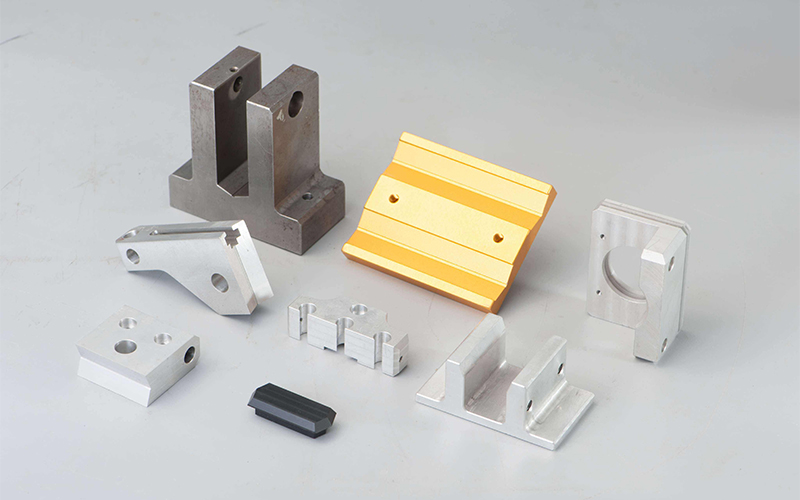Precision machining parts are mostly made of metal materials, and temperature has a great impact on the thermal expansion and cold contraction of metal, so what is the impact of temperature on the process in precision parts processing.
In the actual machining production process, under the action of various heat sources (friction heat, cutting heat, environmental temperature, thermal radiation, etc.), the temperature change of machine tool, cutting tool and workpiece to be processed will produce thermal deformation, thus affecting the relative displacement between workpiece and cutter, resulting in processing error, and then affecting the machining accuracy of parts. If the coefficient of linear expansion of the steel is 0.000012 / ℃, the steel with a length of 100 mm will extend by 1.2 μ m when the temperature rises by 1 ℃. Temperature change not only directly affects the expansion and contraction of workpiece, but also affects the accuracy of machine tools.
In precision machining, higher requirements are put forward for the machining accuracy and stability of the workpiece. According to the relevant statistics, in the precision machining, the processing error caused by thermal deformation accounts for 40% - 70% of the total machining error. Therefore, in order to avoid the expansion and contraction of the workpiece due to temperature change in high-precision machining, the reference temperature of the environment is generally strictly regulated, and the deviation range of temperature variation is formulated. Constant temperature processing of 20 ℃� 0.1 ℃ and 20 � 0.01 ℃ has appeared.

In general, for the laboratory of constant temperature and humidity for precision processing, in order to avoid the expansion and contraction of the processed workpiece due to temperature change during processing and measurement, the indoor reference temperature is generally strictly regulated, and the deviation range of temperature change is formulated. However, the requirement of air relative humidity is not as strict as that of textile testing. For example, a national ultra precision machining laboratory requires a temperature of 20 ℃� 0.2 ℃ and a relative humidity of 45% � 5%.
If you want to know more about precision machining, please contact us.


 Page location :
Page location : 

